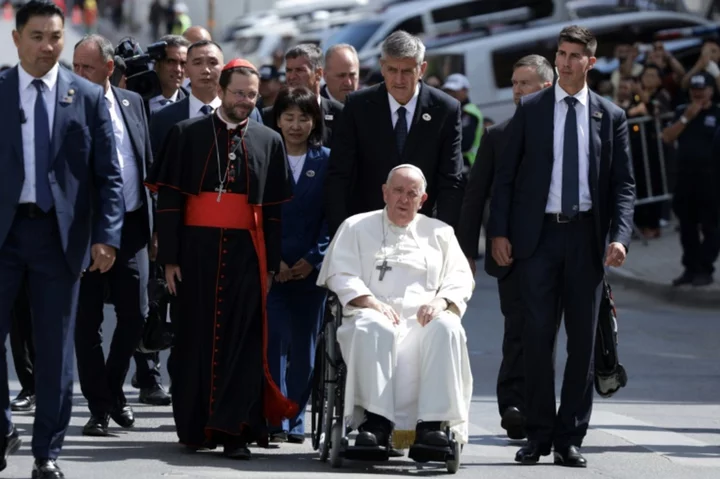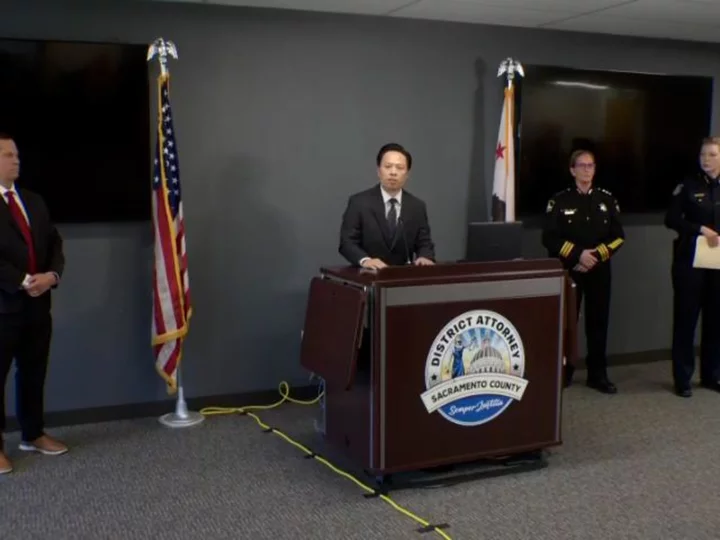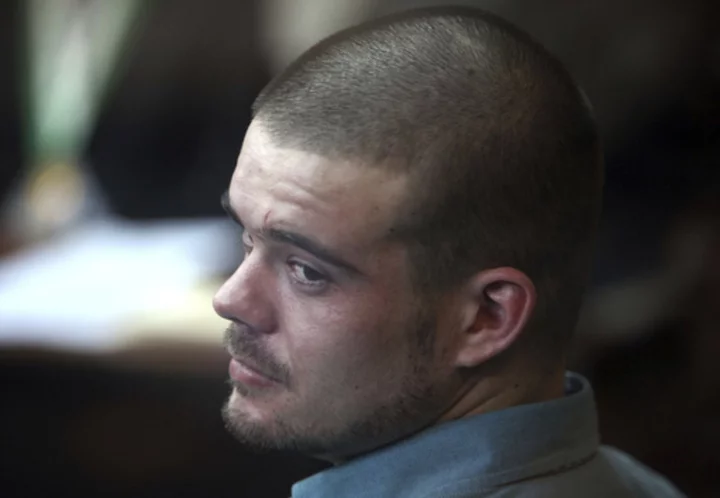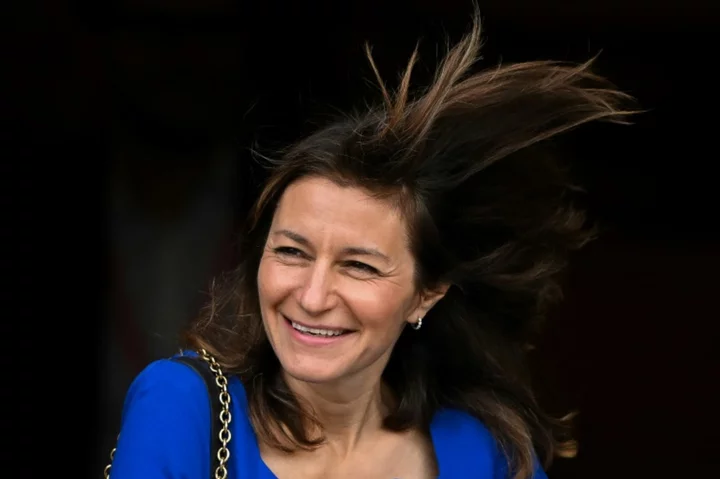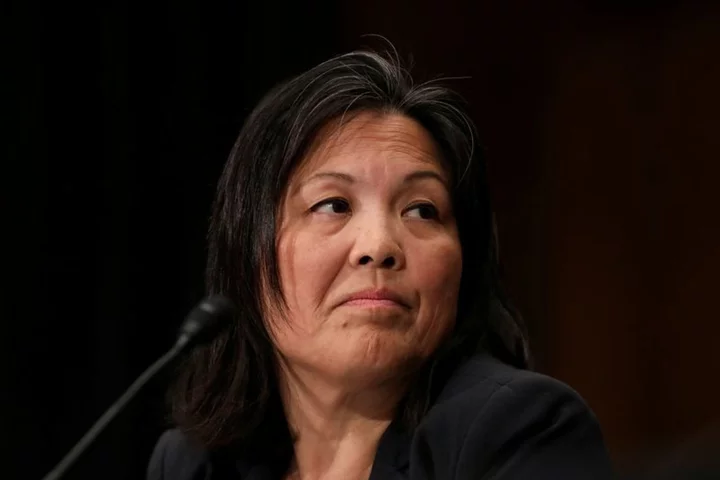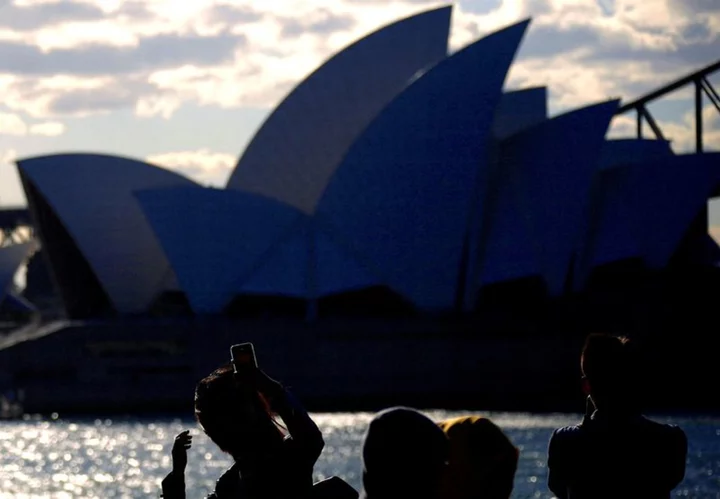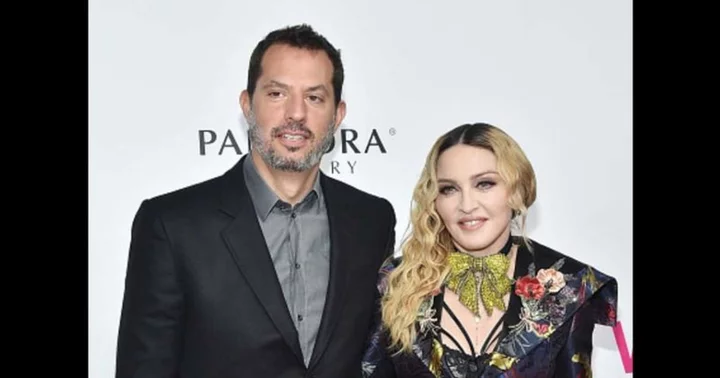Pope Francis is due to meet the tiny but vibrant community of Catholics in Mongolia on Saturday, part of his first papal visit to the Buddhist-majority nation strategically located between China and Russia.
The 86-year-old Jesuit will be feted in the morning with an official welcome ceremony and honour guard before addressing Mongolian dignitaries, including President Ukhnaa Khurelsukh and Prime Minister Luvsannamsrai Oyun-Erdene inside the State Palace.
Anticipating the pope's arrival in the vast Sukhbaatar Plaza, named for a Mongol revolutionary hero, have been droves of pilgrims venturing from other Asian countries for a chance to catch a glimpse of the leader of the world's 1.3 billion Catholics.
Among them was Mongdiep Tran, one of a group of 90 Vietnamese who made the long journey from Ho Chi Minh City, acknowledging it was "a bit tiring".
"That is the only reason we are here is to see the pope," she told AFP.
"And I've never been to Mongolia, so we are very excited."
The pontiff's visit will provide a boost to Mongolia's Catholics, a group that numbers about 1,400 -- including just 25 priests and 33 nuns.
At the same time, he is expected to encourage the young democracy -- which has been marred by corruption and environmental degradation -- to stand by its ideals even as it sits sandwiched between two massive authoritarian powers.
- China's doorstep -
Francis arrived Friday morning, greeted by a line of honour guards dressed in traditional blue, red and yellow, and headed to the home of Bishop Giorgio Marengo, the Church's youngest Cardinal, for a day of rest.
Along the route, children waved Mongolian and Vatican flags while singing songs about "Mongolian happiness."
The voyage -- Francis' 43rd since ascending to the papacy in 2013 -- is seen as a shrewd diplomatic move that brings him to the doorstep of Beijing and Moscow, in hopes of improving frosty ties with each.
Neither government has extended an invitation for the pope to visit their countries.
The Holy See last year renewed a controversial deal with China that allows both sides a say in appointing bishops in China, a move critics have called a dangerous concession by the Vatican to Beijing in exchange for a presence in the country.
Meanwhile, Francis has sought to broker an end to the war in Ukraine with Russia, with no visible success to date.
Beijing's Communist Party is officially atheist and exercises strict control over all recognised religious institutions, including vetting sermons and choosing bishops.
The short, five-day trip is also a stamina test for the pope, who underwent a hernia operation in June and whose continued knee pain has forced him to rely on a wheelchair.
On Sunday, the pope will lead an interreligious meeting for all faiths and conduct mass inside a newly built ice hockey arena, where pilgrims from countries including China, Russia, South Korea and Kazakhstan are expected to attend.
ams/oho/cwl

